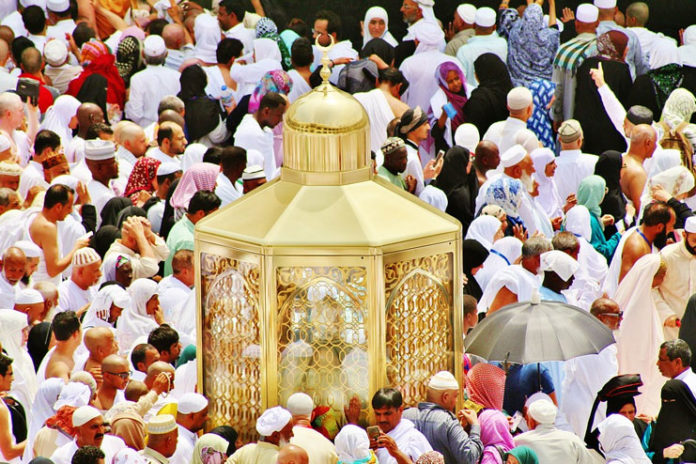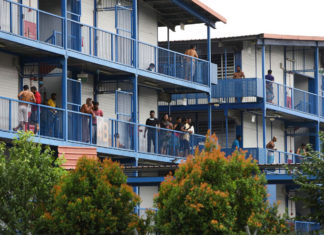The United Kingdom government on Thursday announced that it will appoint two expert advisers to lead a new study on establishing a working definition of Islamophobia.
Responding to a debate on the issue of adopting a formal definition to tackle anti-Muslim hate crime in the UK, Communities Secretary James Brokenshire told the House of Commons that he acknowledged the need for a formal definition of Islamophobia.
However, as had been expected, the government rejected the definition proposed by the All Party Parliamentary Group (APPG) on British Muslims due to practical and legal challenges.
“I am deeply concerned at hatred which is directed against British Muslims and others because of their faith or heritage. This is utterly unacceptable and does not reflect the values of our country,” the minister said.
“To get a firmer grip on the nature of this bigotry and division we agree there needs to be a formal definition of Islamophobia to help strengthen our efforts,” he said.
Acknowledging the strong feelings on this issue, he said two new experts will work closely with the cross-government Anti-Muslim Hatred Working Group to examine the options available on such a definition that ensures “wide-ranging acceptance and will have the positive effect intended”.
Formed in 2012, the Anti-Muslim Hatred Working Group comprises independent experts, academics and British Muslim community representatives. Brokenshire said its input in arriving at a new definition of Islamophobia was essential and that the process to select the two expert advisers will kick off soon.
The government move follows a row over the APPG on British Muslims definition, which reads: Islamophobia is rooted in racism and is a type of racism that targets expressions of Muslimness or perceived Muslimness.
The UK’s National Police Chiefs Council (NPCC) had warned that the definition was too broad and could hinder their counter-terrorism work.
Scotland Yard’s Indian-origin Assistant Commissioner Neil Basu, the head of counter-terror policing for the UK, also said the definition was simply too broad to be effective.
“It would potentially allow those investigated by police and the security services for promoting extremism, hate and terrorism to legally challenge any investigation and potentially undermine many elements of counter-terrorism powers and policies on the basis that they are Islamophobic’. That cannot be allowed to happen,” he warned.
The police chiefs’ view found the backing of a number of other groups, including the UK’s Network of Sikh Organizations, which issued an open letter for UK Home Secretary Sajid Javid signed by a cross-section of religious and non-religious representatives.
“We are concerned that allegations of Islamophobia will be, indeed already are being, used to effectively shield Islamic beliefs and even extremists from criticism, and that formalizing this definition will result in it being employed effectively as something of a backdoor blasphemy law,” the letter noted.
The Muslim Council of Britain (MCB), which had made a resounding call for political leaders to adopt the APPG on British Muslims definition when it was released at the end of last year, had countered the attacks.
At the end of the parliamentary debate on the issue, the APPG said it would continue to work with the government, Muslim representatives and other groups on a definition of Islamophobia that would be more widely adopted.













































